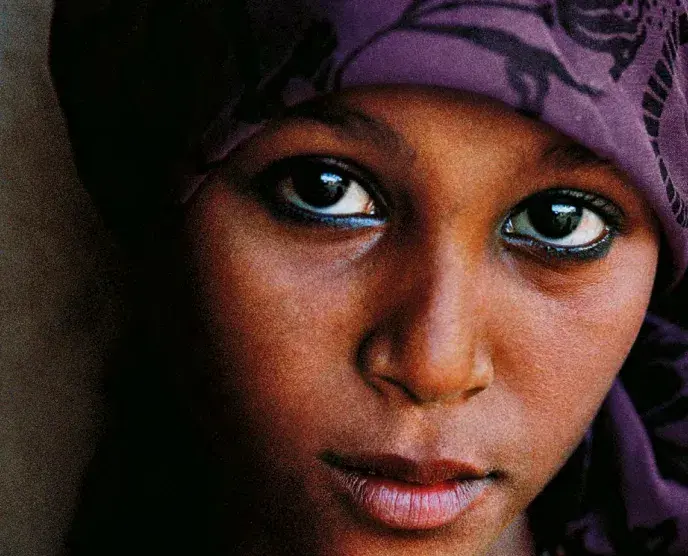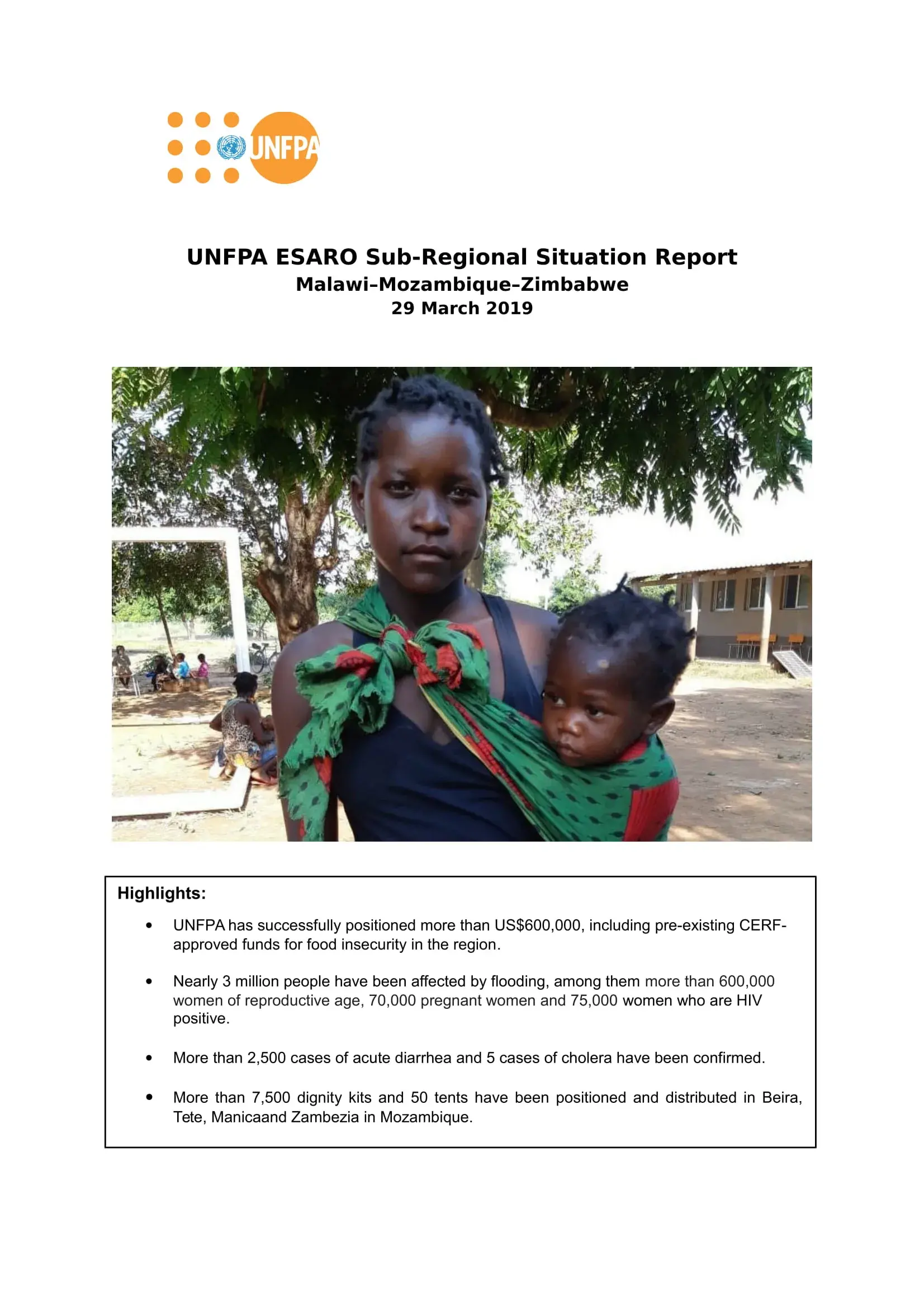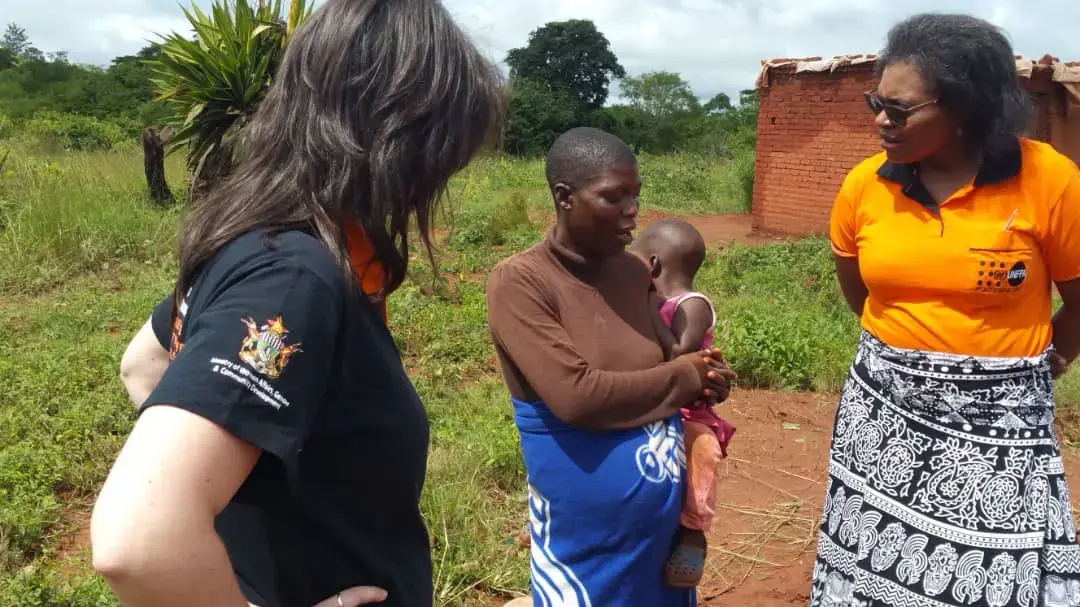The United Nations Population Fund (UNFPA) is the United Nation’s reproductive health and rights agency that began its work 50 years ago. Since 1981 UNFPA Zimbabwe has been supporting the Government of Zimbabwe’s efforts to respond to the reproductive health needs of the population as well as its efforts to improve the quality of life for Zimbabweans, with a particular focus on women and young people. This support began with the 1982 Population census.
In 2020, UNFPA worked with the Government of Zimbabwe and other implementing partners who contributed immensely to ensuring access to reproductive health services for all despite several challenges faced during that period, crowned by the COVID-19 pandemic in the last year of the 7th Country Programme (2016 – 2021). The pandemic posed unprecedented challenges for UNFPA programming, requiring us to relook at interventions and become more agile and innovative to ensure continuity with the delivery of critical and essential services for Gender Based Violence (GBV) survivors as well as continued access to reproductive health services for women and young people. With the national lockdown and associated travel restrictions, many people, particularly women and girls found it difficult to access both GBV and SRH services.
Innovations were critical in UNFPA’s success in 2020. The Country Office strengthened and broadened its partnership with the World Food Programme (WFP) to include the utilisation of food distribution points and logistics to deliver GBV and SRHR information and services. Through this partnership, male and female condoms were distributed as well as sexual reproductive health information shared with communities during food distribution outreaches. Community health workers such as Behaviour Change Facilitators, Village Health Workers and young condom promoters provided information on SRHR such as family planning, HIV, male and female condom usage and GBV at the food distribution points.
During the COVID-19 lockdown the country witnessed an upsurge in cases of GBV. To ensure access to information on prevention of GBV and access to services, UNFPA supported GBV risk mitigation initiatives such as provision of psychosocial support to women and girls through newly established safe spaces. GBV service delivery to remote areas was scaled up through mobile One Stop Centres. A shuttle service was also availed in hotspots to support transportation of GBV survivors to health facilities at any hour. All this was to ensure continuity of essential service provision during the COVID-19 pandemic.
As the report will highlight, these are some examples of how COVID-19 challenged us to continue delivering GBV prevention and response as well as SRHR services with innovation. Indeed, it was a year like no other in our programming but we were able to continue supporting the delivery of information and services for women and young people against all odds.





